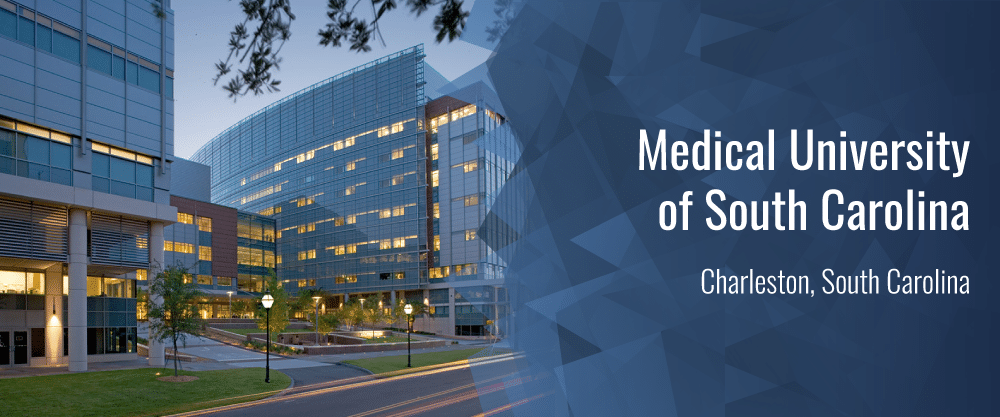
Master of Science in Cardiovascular Perfusion
Overview:
Perfusionists operate life support devices to support patients’ circulatory and respiratory systems. The perfusion profession is relatively small with fewer than 4,000 practitioners in the United States; however, with the growing elderly population and the development of new heart support devices, experienced, and
Some perfusionists also have leadership roles that include budgeting, equipment purchasing, hiring, and scheduling of staff. Graduates also gain employment as researchers, teachers or consultants to equipment manufacturers.
Perfusionists who graduate from an AC-PE accredited perfusion training program are eligible to take the American Board of Cardiovascular Perfusion Certification Exam which is recognized nationally. In addition, some states have a licensing process which usually includes a requirement for ABCP certification.
MUSC Offers Two Programs in Cardiovascular Perfusion
Master of Science in Cardiovascular Perfusion – Entry Level
The Cardiovascular Perfusion Program prepares its graduates to work as Certified Clinical Perfusionists (CCP) in a variety of health care settings where cardiopulmonary life support services are required. Perfusionists are typically employed in cardiac surgical centers and operate the heart-lung machine during open heart surgery. They serve as experts in associated technologies such as ventricular assist devices and are involved in all aspects of intraoperative blood conservation and management.
As a graduate of MUSC’s CVP program, you’ll become a highly-trained member of an open heart surgery team. Extensive knowledge of anatomy, pharmacology, pathology, and surgical techniques are
The MUSC Perfusion Program was started in 1979 by James P. Dearing and is considered one of the best programs in the country. This is evidenced by very high pass rates on the American Board of Cardiovascular Perfusion Certification Exam, a large number of research publications by the full-time faculty members, and a
Master of Science in Cardiovascular Perfusion – Post Professional
Thirty-two percent of practicing perfusionists have a graduate degree,
The program allows working perfusionists who have completed an AC-PE accredited perfusion education program the opportunity to advance their educational and professional goals.
New technologies and surgical procedures require that practicing certified cardiovascular perfusionists (C.C.P.) have an increased knowledge base for managing both neonates and elderly patients with complex medical conditions as well as the application of new cardiac assist devices. Leadership skills are becoming more essential as an increased number of practicing cardiovascular perfusionists attain leadership roles.
This graduate level program will provide a plan of study that includes coursework and a capstone research project that is designed to address these requirements. Courses are available through a variety of distance learning technologies (asynchronous online activities, independent reading, and projects).
Requirements:
Bachelor’s degree from a regionally accredited college or university.
Additional information about perfusion school program:
Students Admitted: 21
Program Length: 21 months
Out of state tuition: $11,591
Degree: MS in Cardiovascular Perfusion